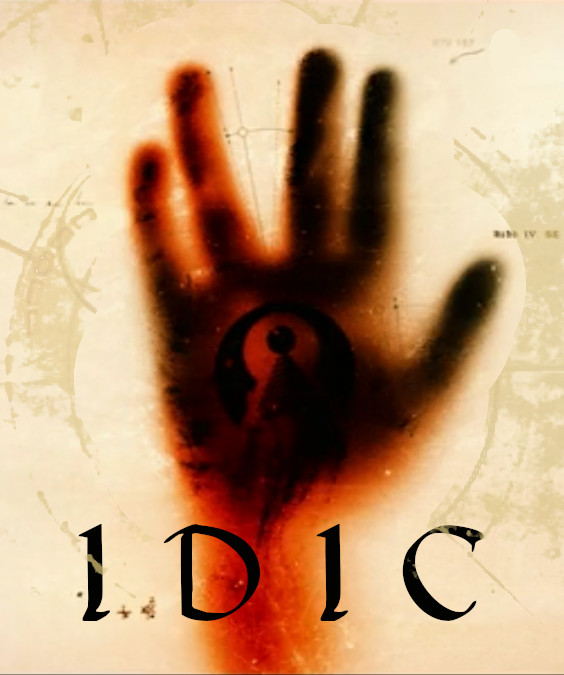| ||||||
| ||||||
|
home
canon
Philosophy of Star Trek:
Integrity
God
IDIC
Resources
Episodes:
|
This article was originally posted to shioren.
In today's world, there is much conflict between ethnicities. One of the most obvious and concerning is the conflict between Western countries (such as the countries of the European Union and America) and Arab states. The defining point in much of this conflict is not only ethnicity, but also religion - Christianity and Islam. Even though many Western states have freedom of religion as well as separation of church and state, and do not consider themselves Christian nations, the majority of their populations are indeed Christians, and are therefore viewed as Christian states to the terrorists with whom Western Countries are in conflict.
Tension and violence are not the only problems humanity faces in this conflict. Ignorance, miscommunication, and lack of accurate information are all other obstacles we must overcome, but so far have not seemed to find a way to do so.
Unbeknownst to many, there is a profound and subtle tool sitting, waiting to be used at our disposal: the Vulcan philosopher Surak.
Having an insatiable curiosity, I spend my hours studying many things. I had already spent much time reading and considering the teachings and history of Surak when I decided I wanted to further understand the conflict between Christianity and Islam. Raised in a Christian family, I am highly familiar with the history of Christianity and the teachings of the Bible, but knew little about the beliefs of Islam and the Qur'an. I have been doing research into the religion in the past couple months, and during that time I have been startled to find several correlations between the identifying characteristics of Christ, Muhammad, and Surak.
The beginning of Surak's life is similar to Christ's. Like Christ, Surak was born approximately 2000 years ago within the history of the Star Trek universe. Also like Christ, a bright star - the da'Nikhirch, or "eye of fire" - appeared in the sky on the night of his birth. Surak spent several years working for his father's business; Christ ran his father's carpentry business after his death.
Surak's transition into a philosopher more closely resembles the Prophet Muhammad's transition into a religious figure. A mountain figures prominently in both histories: Mount Hira is the mountain on which Muhammad received his message from the angel Gabriel; Mount Seleya is the mountain Surak travelled to and spent time meditating on while first beginning to develop his philosophies.
Neither Christ nor Muhammad specifically wrote anything themselves. But of the two, Muhammad dictated to his followers that which is written in the Qur'an. Surak wrote the C'Thia, the way of truth, which plays a similar role in Vulcan culture as the Qur'an does in Islamic culture, both being the primary source of guidance for their respective civilizations.
The above parallels with two of Earth's greatest religious figures may have been designed purposely, or may be incidental. Perhaps it's a combination of both. I haven't seen any mention of the above connections on any pages about Surak, Vulcan, or Star Trek's historical significance.
It is my position that we should be using Surak as a way to help resolve the miscommunication and the incorrect assumptions that have taken place between Islam and Christianity. While the actual teachings of Surak, Christ, and Muhammad may not always exactly correlate, there are enough parallels between the characters and their philosophies that Surak could easily be used to show the similarities and differences between Christ and Muhammad, and help the followers of the two religions understand one another's positions and beliefs. It would be especially easy to do so currently: the evolving relationship between the Vulcan Sub-commander T'Pol and the human Chief Engineer Charles `Trip' Tucker provides the perfect way to bring discussions and debates involving Surak into a couple episodes, and as Star Trek is watched the world over, it would reach an international audience of millions.
Surak's philosophies and teachings are devoted to understanding and the attainment of peace. If Surak could be used to help resolve these religious and ethnic conflicts which have us every day on the edge of war, then his guidance and greatness would no longer be confined to the world of Star Trek and to the fans and followers of Vulcan culture, but would make him the most real and important historical figure never born.
-------
The information about Surak used in this essay was found at: http://www.marketaz.co.uk/StarTrek/Vulcan/Surak-bib.html
This essay in no way reflects the positions or opinions of the Shi'Oren or any associated site or group, but is the position of the author alone.
If you have any comments or counterarguments, feel free to respond.
|
Return to The wisdom of |
 |
 |
 |